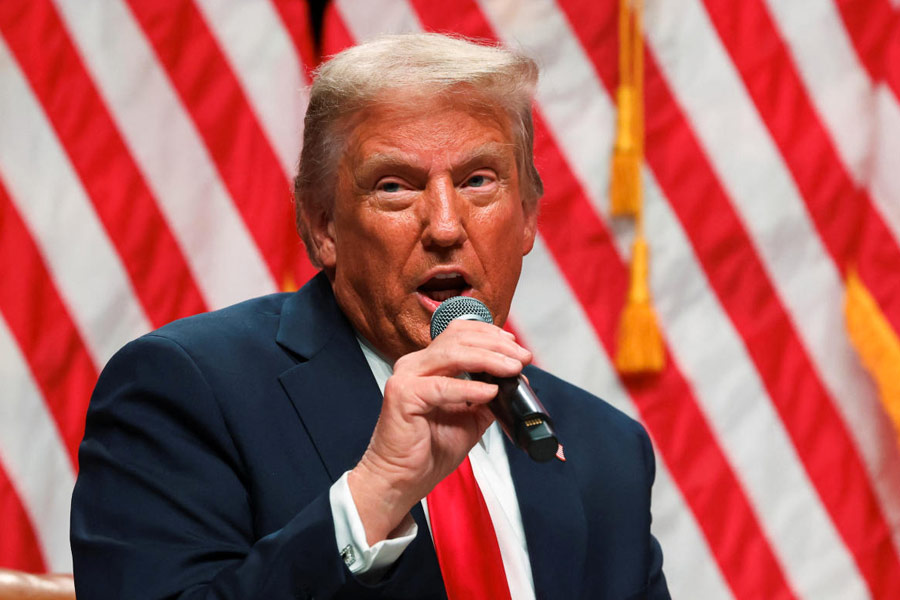The Washington Post and the Los Angeles Times, two iconic mastheads in the United States of America, are facing a backlash from many liberal commentators and traditional readers after they broke with tradition and decided they would not endorse a candidate for the 2024 US presidential election. Both were expected to endorse the Democratic Party nominee, Kamala Harris. Their decisions, made by their billionaire owners rather than their editorial teams, have sparked accusations that the proprietors chose not to endorse Ms Harris in order to stay in the good books of the former president, Donald Trump. Ms Harris and Mr Trump are locked in a nail-biting race for the presidency, with most polls showing that the gap between them nationally and in key swing states is within the margin of error for such surveys. Yet, the furore over the decisions made by the two newspapers raises important questions about the very role of the news media in democracies.
On the one hand, news publications — like any product in the market — must be responsive to their audience. In this instance, it appears that both newspapers have built a partisan readership that in many cases expects them to tilt towards the Democrats and away from Mr Trump’s Republican Party. According to reports, more than 250,000 readers of The Washington Post have ended their subscriptions since the decision not to endorse Ms Harris. The Los Angeles Times has lost readers too. This will undoubtedly hurt the newspapers financially, affecting their allure for advertisers. Critics of the decision have also said that the newspapers have abdicated their responsibility to guide readers towards a choice that their reporting and analysis suggest is good for the country. Many staffers have also protested against the move to skip endorsements, often publicly.
But this is not the first time they have avoided endorsing candidates. The Post only began the practice 48 years ago, while the Los Angeles Times stopped presidential endorsements from 1976 to 2008; it had backed Barack Obama then. The Post’s owner, Jeff Bezos, has argued that he wants to protect the newspaper’s independent reporting. But there is a school of thought that alleges that by announcing this decision this close to the November 5 election, both owners have fuelled suspicions about their true motives. Regardless of their motives, it must be said that the policy of newspaper endorsements is problematic — neutrality is the beating heart of newspapers. It allows them to facilitate difficult debates, help readers break out of their echo chambers, and empower them to make informed choices on their own. India has suffered from the loss of that objectivity in many news organisations in recent years. This has hurt their credibility as neutral monitors of society that hold leaders accountable. In an age of social media outrage and divisiveness, it is tempting for the news media to take partisan positions. But the incentives notwithstanding, newspapers endorsing candidates will always be doubted on one question: can they be trusted to challenge those they have endorsed?











